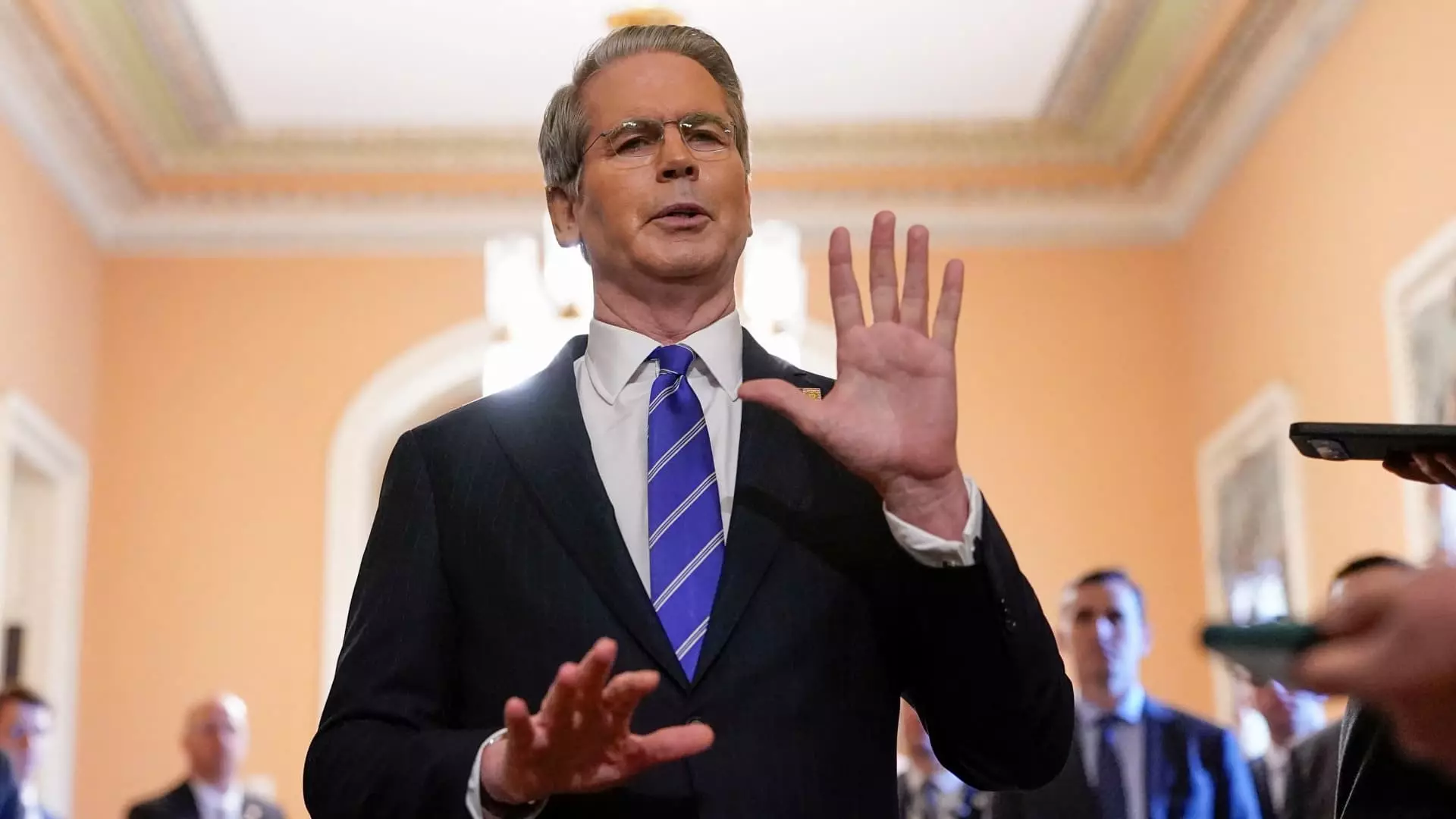The recent announcement by Treasury Secretary Scott Bessent about impending tariffs reveals a reckless approach to international trade, cloaked in the guise of economic strength. Instead of pursuing constructive negotiations, the Trump administration appears intent on wielding tariffs as a blunt instrument to extract concessions. This strategy, however, exposes a fundamental misunderstanding of the interconnected nature of global markets. Imposing tariffs that will retroactively take effect or threaten to double existing rates is not a sign of leadership but of desperation—a gamble with the stability of the entire economic system.
What’s troubling is the administration’s portrayal of these tariffs as mere negotiating tools when, in reality, they risk crippling the very foundations of international cooperation. The tactic of sending threatening letters with imminent tariff hikes fosters an atmosphere of hostility rather than collaboration. It’s a shortsighted view that prioritizes short-term leverage over sustainable economic growth and mutual benefit. Such brinkmanship has the potential to ignite trade wars, undermining the confidence of global markets and destabilizing long-standing alliances built over decades.
Failure to Recognize Consequences
The administration’s narrative dismisses the broader implications of escalating tariffs. The markets’ immediate reactions—volatility, uncertainty, and declines—are testament to the global community’s recognition that these tariffs threaten economic stability. Investors, corporations, and consumers all pay the price for political posturing that neglects the intricate web of international dependencies. Responsible economic policymaking demands acknowledgment of these complexities rather than superficial threats designed to manipulate negotiators into submission.
Furthermore, the administration’s focus on quick announcements and upcoming tariff reimbursements reveals a troubling aloofness from the real-world repercussions. Increased costs for American consumers and businesses, strained supply chains, and retaliatory measures from trade partners are the inevitable fallout of this aggressive stance. Ignoring these consequences not only risks economic downturn but also undermines the credibility of U.S. leadership on the global stage. Effective diplomacy should prioritize win-win solutions, not economic brinkmanship.
A Center-Progressive Perspective: A Call for Reasoned Diplomacy
In the center-wing liberal perspective, the focus should be on fostering fair, balanced, and sustainable trade agreements rather than resorting to punitive tariffs as a first response. The U.S. has a moral and economic obligation to pursue diplomacy rooted in mutual respect and long-term partnership. Imposing tariffs without genuine negotiations erodes trust and hampers future cooperation on vital issues like climate change, security, and economic stability.
While the administration’s intent might be to protect American interests, its reckless tactics threaten to isolate the country and undermine alliances vital for addressing global challenges. Embracing a pragmatic, cooperative approach—focused on addressing core issues instead of retaliatory tariffs—would serve the nation far better than the current brinkmanship. Policies grounded in mutual understanding and respect for international norms will uphold America’s standing and foster the stable growth that is essential for prosperity in an increasingly interconnected world.


Leave a Reply